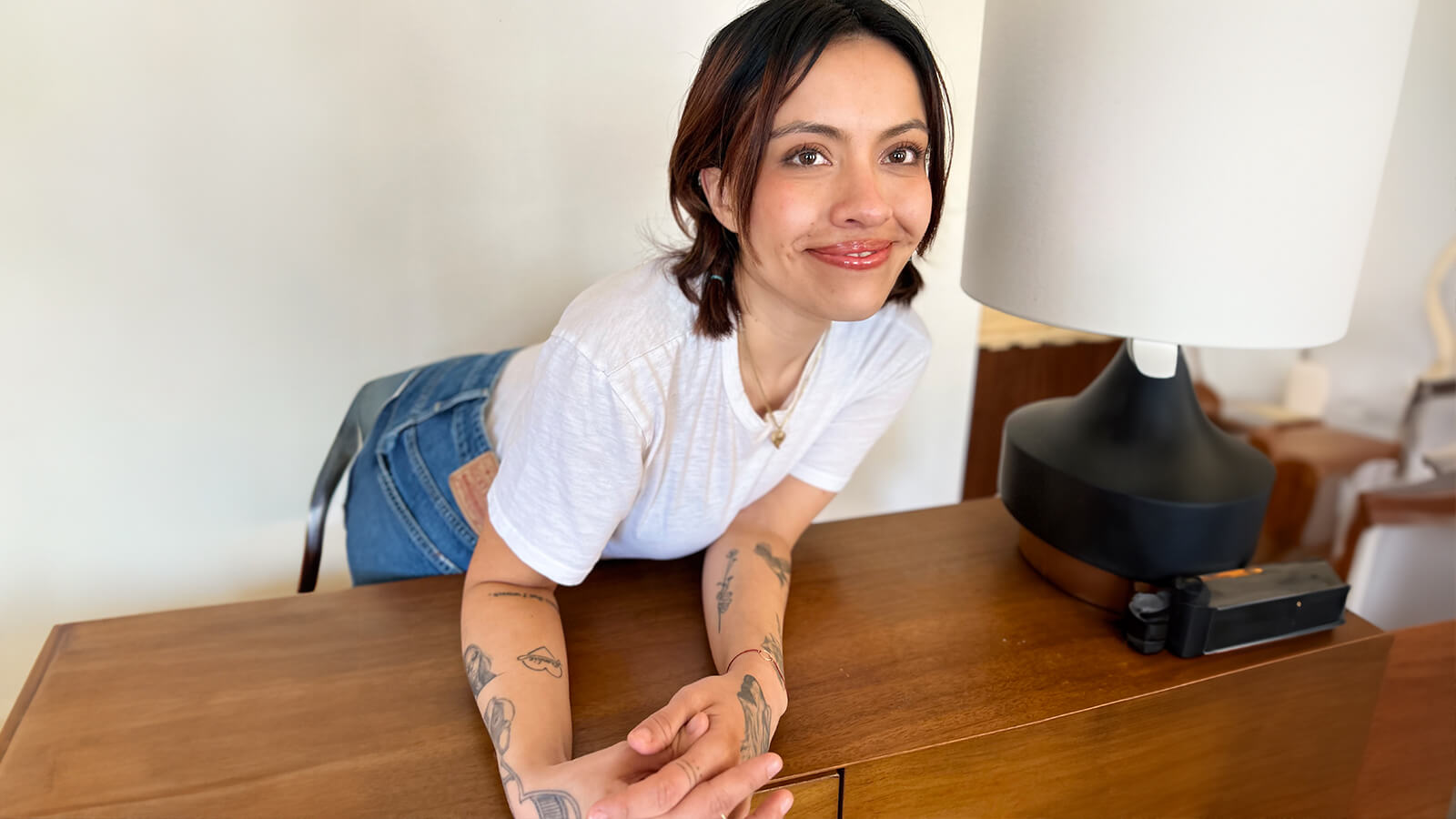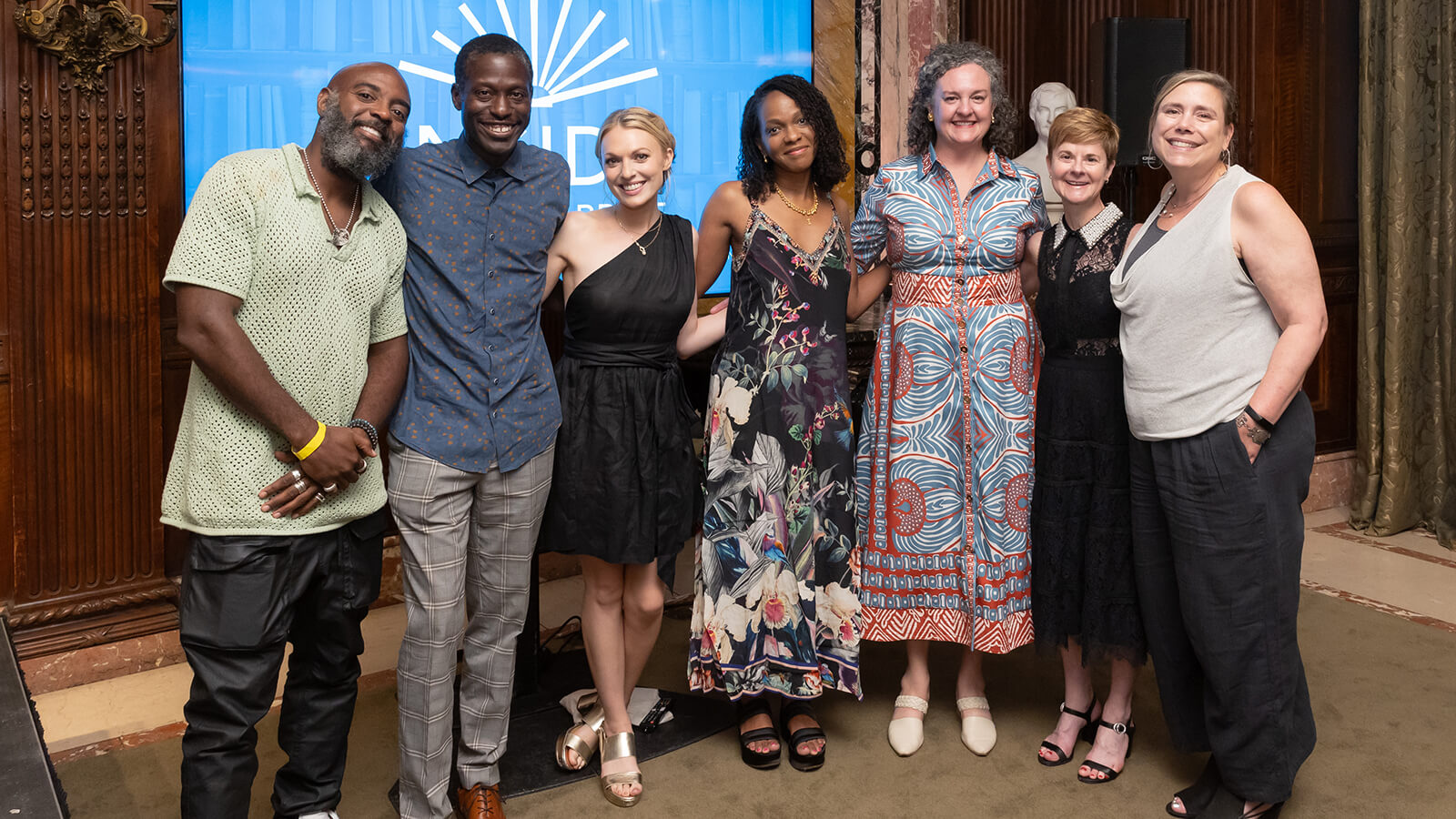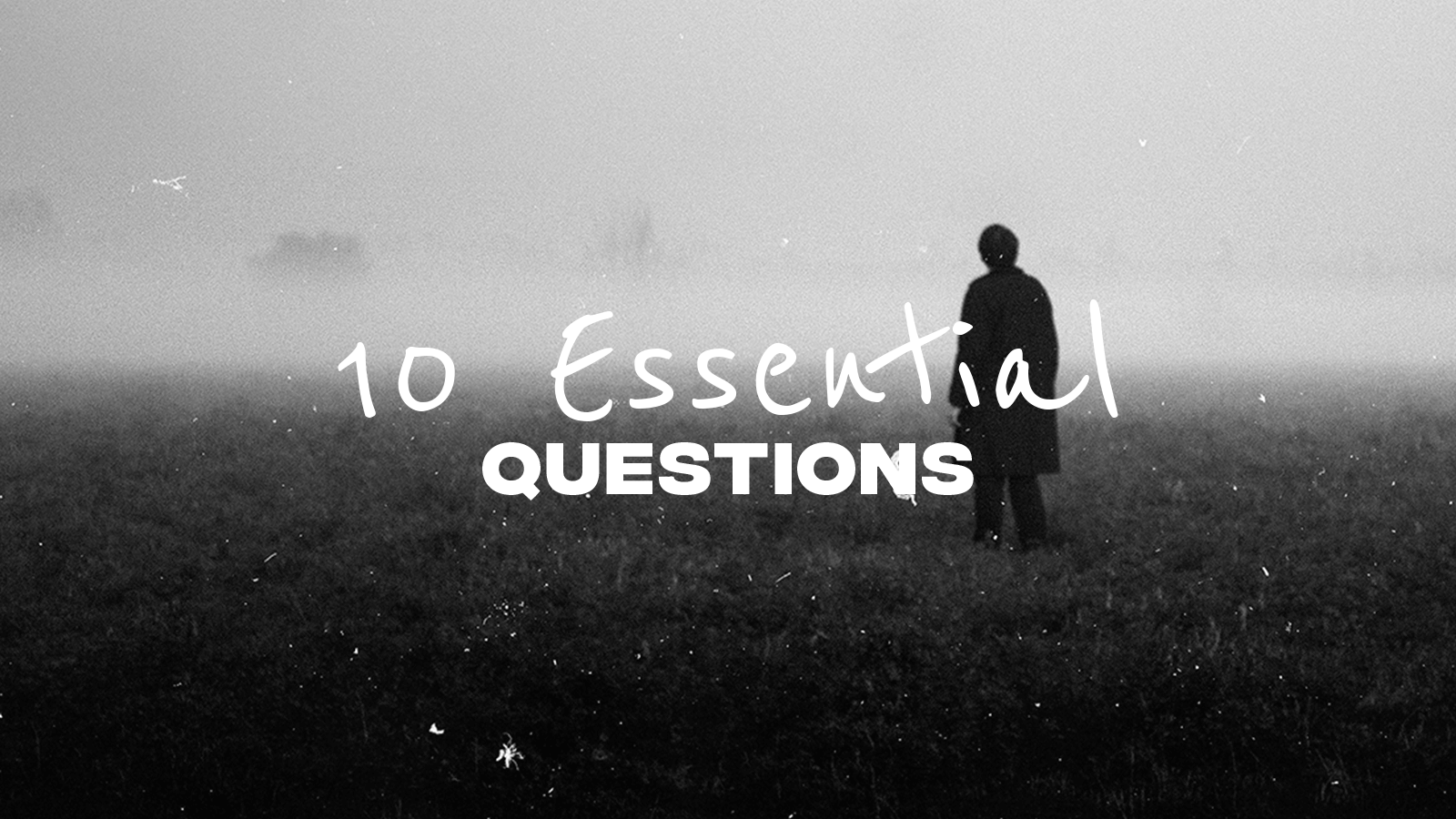“You Have To Be Willing To Risk A Lot”: Author Karla Cornejo Villavicencio On Representing The Immigrant Experience
Karla Cornejo Villavicencio is a vivid storyteller, journalist and National Book Award finalist who recently released her second book, Catalina. I had the privilege of catching up with her to talk about her new book, as well as important issues surrounding undocumented immigrants in the United States. We discussed a range of topics, including the differences between writing fiction and nonfiction, facing her vulnerabilities while writing Catalina, the lessons she’s learned in life – and how insanely smart her dog is.
Catalina – Karla’s debut fiction novel – is an unflinchingly honest tale about the complexities of college life as an undocumented immigrant. The story takes place during protagonist Catalina’s senior year at Harvard University and paints an intimate picture of her state of mind during that tumultuous time. Catalina is a dynamic character who is fiercely intelligent, somewhat self-sabotaging and funny as hell. Throughout the novel, we are reminded that despite her opportunity to attend an elite college, the stark reality is that with no clear path to receive her citizenship or green card, she is unable to secure employment in the United States, the country she has lived in since she was a small child. That deep-rooted fear of being deported at any moment is never far from our minds.
Cornejo Villavicencio shared with me how her personal story inspired Catalina, and how, like her, many people of dual heritage often feel like they don’t belong or have a place they can call home. “[Catalina] has a relationship with Ecuador that is mediated by other people,” explains the author. “Some of those people are professors and some of those people are her closest family members. She doesn’t have a link otherwise. You don’t get a sense that Catalina belongs to a predominately Ecuadorian community. Catalina does come from somewhere, but it largely stems from literature, her grandparents, and the image she has created of her home country Ecuador,” – a place Catalina has not returned to since her youth.
Catalina echoes Cornejo Villavicencio’s own story as a Harvard graduate who was also an undocumented immigrant, coming to the US from Ecuador with her parents as a small child in the 1990s. After graduating in 2011, she went on to write her first non-fiction book, The Undocumented Americans, which was a finalist for the National Book Award in 2020.
When I ask how writing Catalina compared to writing her first book, she tells me that this time she felt more pressure. “Catalina was harder to write because I felt like I had more to lose. There was a sense that The Undocumented Americans was not a book that anyone really wanted. It was almost shelved before publication and there was no marketing budget whatsoever. This time, with Catalina, I have a book contract, I have an audience, I know there are going to be reviews.”
Despite the added pressure this time around, writing her second book has helped Cornejo Villavicencio to hone her craft. So, what’s the major lesson she’s learned? “In order to write honestly, you have to be willing to risk a lot, all the time,” she says.
In fact, she says that periods of uncertainty in her life have taught her invaluable lessons. “The ability to tolerate uncertainty is going to be a lifelong project for me,” she says. “I have a difficult relationship with permanence. I throw things out very easily. I’m very comfortable not keeping mementos and throwing out sentimental objects, almost as if to prove to myself that if I have to drop everything and go and take nothing with me, I’ll be fine.”
Cornejo Villavicencio ends Catalina in a strikingly real way, reminding us that no matter what we’re going through, we can choose to keep moving forward, even when it’s hard. “The reader can’t unknow Catalina,” she explains “Catalina is probably going to stay on their minds, and then they’ll know this kid who is undocumented. Being able to know someone that intimately is hopefully a transformative experience for people who have never looked that closely inside the mind of a girl like her.” Catalina allows us to do just that.
When Cornejo Villavicencio isn’t writing a book, you can often find her haggling with her dog. “He ate a Post-it note a couple of days ago to prove a point,” she says. “[I think] he does something bad so he can be rewarded for correcting his bad behavior. He steals something and is like, ‘I’ll drop it if you give me a cookie.’” As we continue talking about him, I hear the love seeping into her voice: the same love she used to carefully craft each sentence in Catalina. A love that lingers and keeps you coming back for more.
Aaliyah Cotton is a Hawaii-based writer and aspiring author specializing in literary fiction, young adult, and speculative genres




